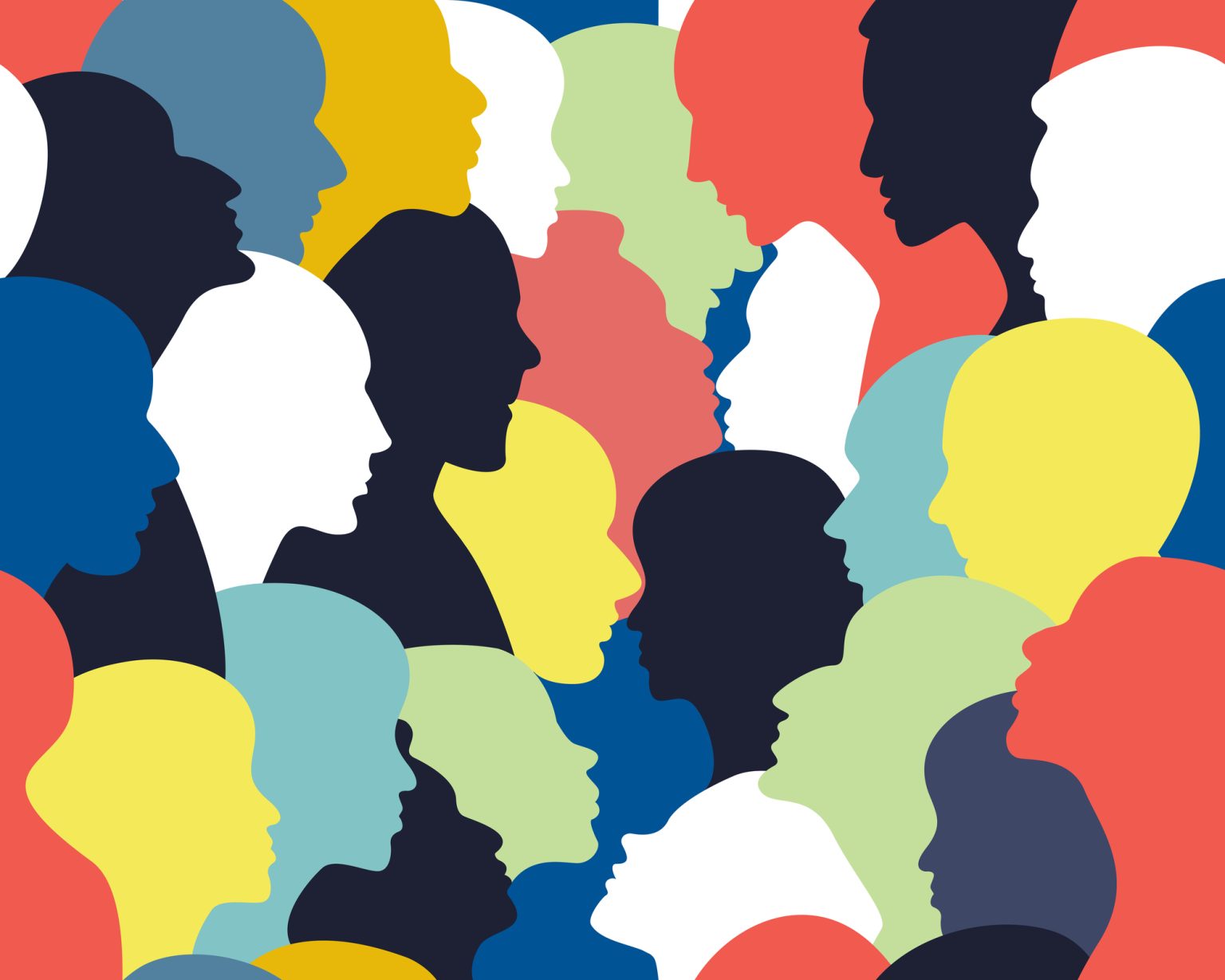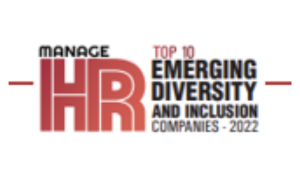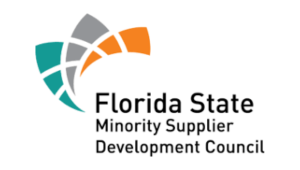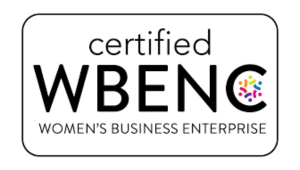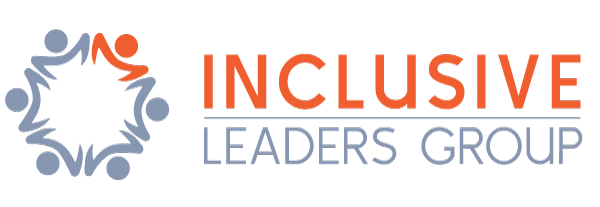The importance of inclusion and awareness of race disparities in the workplace came to greater attention following the killing of George Floyd on May 25, 2020, and the Black Lives Matter protests that followed. These events were the catalysts to raising the awareness level the extent of racism across all walks of society, and introduced less familiar concepts such as anti-black racism, allyship, anti-racism, white privilege, and Black Lives Matter.
Post George Floyd: Workplace Conversations About Race and Racism Increased
With such a global movement the conversation about race has made its way into the workplace with companies and organizations hosting town halls and group conversations facilitated by experts on race and racism. Our relationship with race is filled with pain, inequity, injustice, and discomfort, and so these conversations can evoke strong emotions. But, while they have the potential to become divisive, if managed sensitively, they can prove to be liberating, and help to connect people as they explore lived experiences, understand the historic and current context of race, while committing to work towards a fair equal society together.
Covid 19 Surges Disrupted Focus on Racial Equity and Social Justice By Employers
Approximately three months prior to the George Floyd killing, on January 30, 2020, the World Health Organization (WHO) declared the COVID-19 outbreak a global health emergency. The Covid-19 timeline of the spread and surges coincided with the Black Lives Matter Movement, CEO commitments to racial equity and social justice, and workplace conversations about race.
Unfortunately, workplace and workforce disruption caused by a combination of Covid-19, the transition to remote work settings for employees, and The Great Resignation interrupted the number of workplace conversations about race. For example, I and members of the Inclusive Leaders Group team delivered 12 virtual town halls/group conversations during the last six months of 2020 and 20 such events in 2021. So far through the first nine months of 2022, we have delivered only 6 virtual or in-person talks on race and racism.
We’ve been living through the most significant workplace disruption in generations and the level of volatility has not declined in 2022. Covid variants continue to emerge and have influenced many workplaces to remain remote. Hybrid work creates more unevenness around where, when, and how much different employees are working. Many employees have faced real wage cuts as annual compensation increases fall behind inflation. These realities are layered on top of stalled and disrupted DEI strategic journeys and anti-racism initiatives by employers.
Black Employees Say Workplaces Have Changed Since George Floyd—but Not Enough
According to Carmen Morris in Forbes, your Black employees need leadership to lead on the race inclusion agenda. They need to know:
- that you are genuine in your stated commitments to advance the development of racial inclusion agenda
- that you are cognizant that this cannot be a “check the box” exercise
- that you value them as employees and not experts in diversity and inclusion who can change the world
- that the concerns around racial equality and the Black Lives Matter campaign is one that will necessarily be fixed by leadership actions and not by Black employees
- that real value is attached to race inclusion, and you will remunerate resources and fit for purpose consultancy, to get it right
- that you are willing to take time to talk to your Black employees, about how they feel during this environment and how you can help to support them by creating an environment of belonging
To fully understand what your Black employees are feeling about what your organization and leadership are doing about racism at this point in time, October 2022 – you have to read Ray A. Smith’s Wall Street Journal Article; Black Professionals Say Workplaces Have Changed Since George Floyd—but Not Enough.
The article emphasizes that there are urgent actions required for workplace racial equity.
Actions Your Black Employees Want Leaders To Take
- If you haven’t held a CEO supported workplace conversation about Race, hire an expert and execute it.
- If you haven’t executed a Diversity, Equity, and Inclusion (DEI) strategic plan with goals, objectives, initiatives, and metrics, hire an expert and execute it.
- If your DEI strategic plan doesn’t include, anti-racism and racial equity components, make it so.
- If you haven’t initiated a program to develop and empower White allies for your Black Employees, do so now.
- Consider hiring an external DEI consultant who can help you to assess your entire organization, lay out a DEI strategic plan roadmap, guide your change management strategy, and also mold the communication of your new plan.
I have a thorough professional background in all aspects of BRAVE Conversations About Race with the personal experiences as a Black woman in corporate and healthcare workplaces. If you would like to schedule a virtual coffee to chat about how we can help you plan and execute a psychologically safe town hall or conversational meetings for groups on race, then get in touch with me and schedule an appointment, or if you prefer to – please use the contact form.
As CEO and Principal Consultant of Inclusive Leaders Group, LLC, Charlotte Hughes MS, CDP, SHRBP, CPLP brings a diverse background as an accomplished Workforce and Organizational Development and Diversity & Inclusion global thought leader and practitioner for major Fortune 100 companies and one of the largest health systems in the U.S. Charlotte helps organizations develop their DEI strategy and provides DEI education for talent and organizational development. Connect with Charlotte on LinkedIn!



